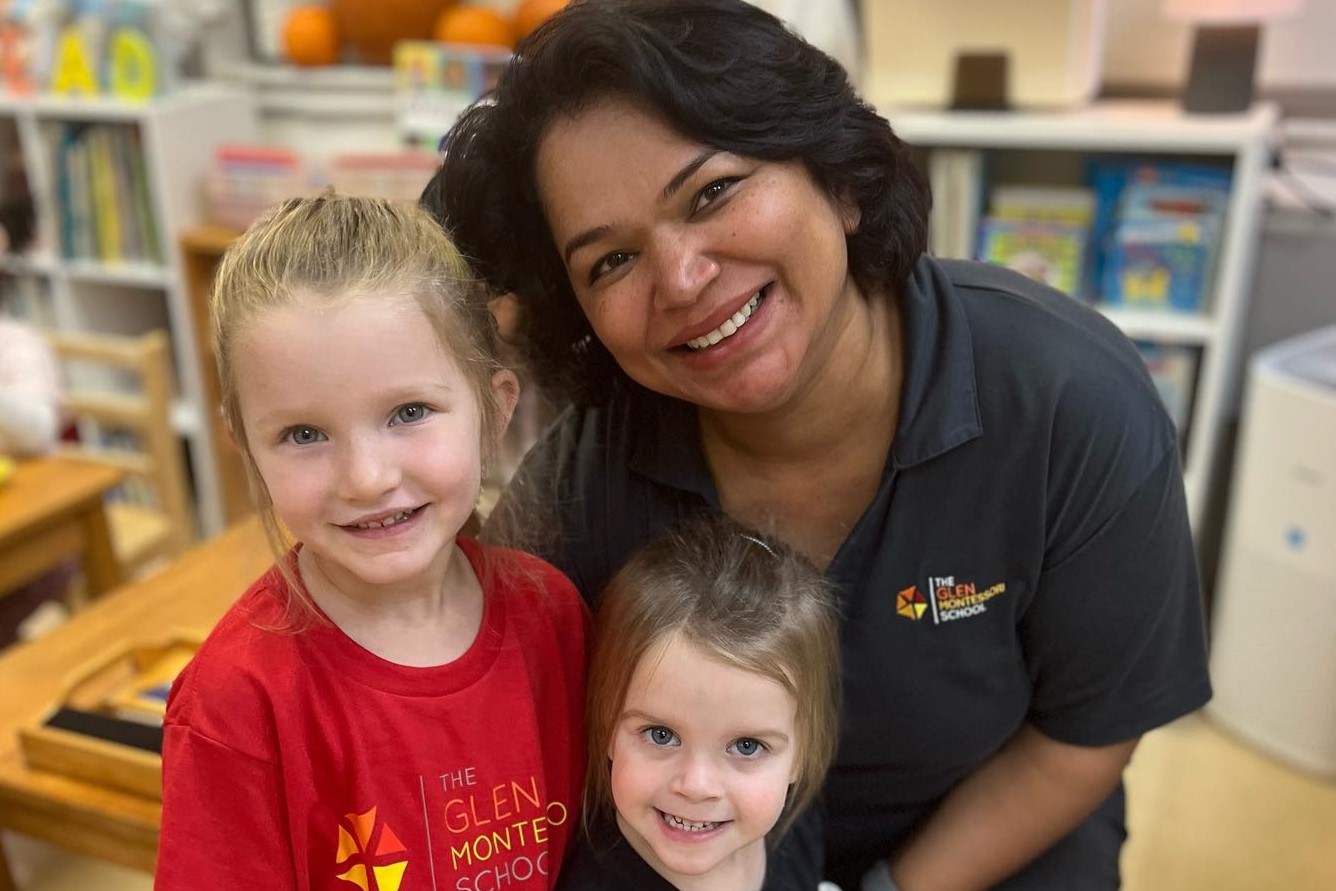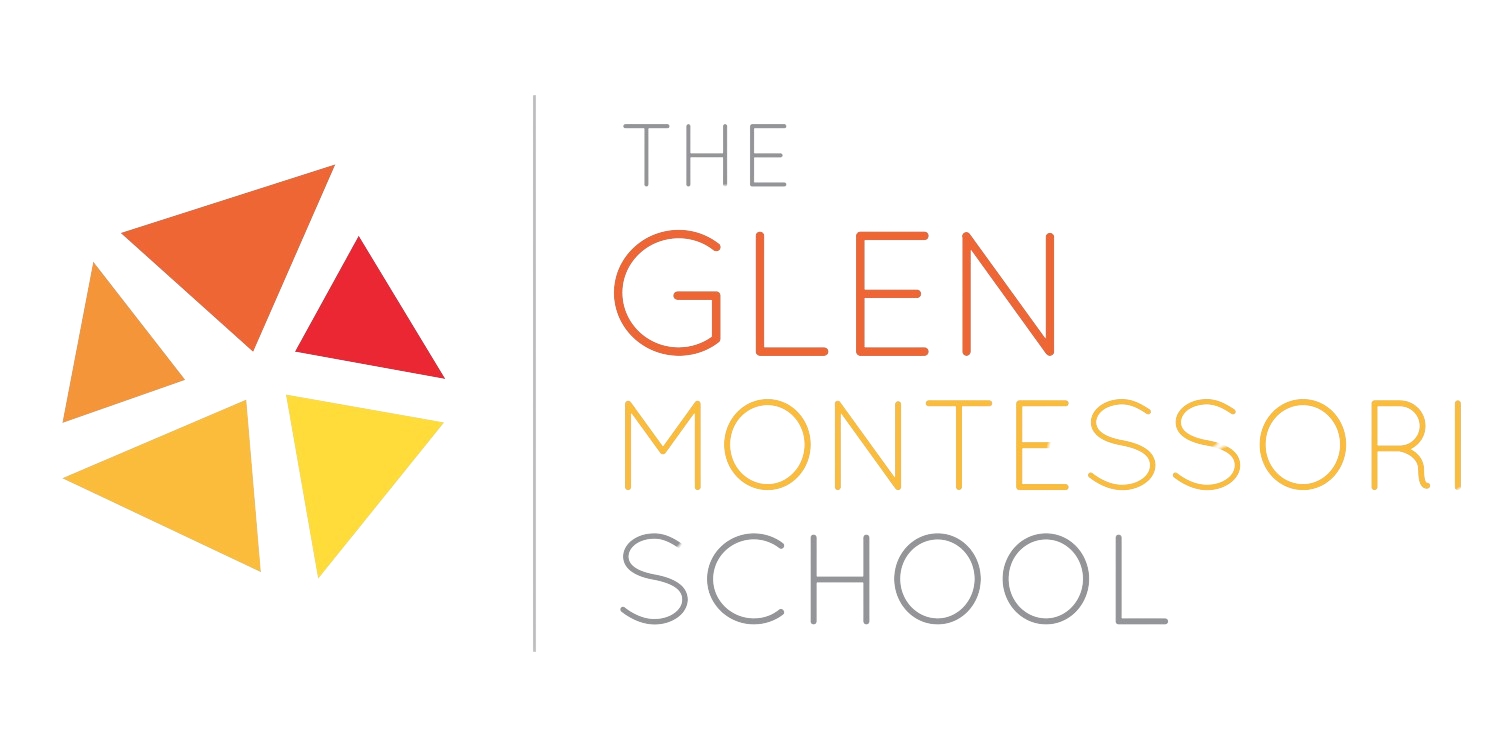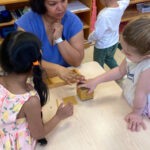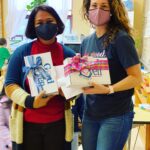Montessori Teacher Training

This fall, Ms. Priyanka completed her second Montessori certification to formalize her accreditation in the United States with the International Montessori Council (IMC) and the Montessori Accreditation Council for Teacher Education (MACTE), the international standard-setting and accrediting body for Montessori educator preparation. MACTE has been recognized by the U.S. Secretary of Education since 1995.
Ms. Priyanka initially studied Montessori education in her native country, India with certification from Modern Montessori International and has an undergraduate degree from Delhi University, India. She began teaching at The Glen in 2018. She quickly became a valued faculty member, working alongside Ms. Jessica in Children’s House. Wanting her credentials to be recognized in the United States, The Glen offered her the opportunity to obtain Montessori certification through the Center of Guided Montessori Studies (CGMS). This in-depth study is a graduate-level, serving as the foundation for a Master of Education.
This began the 18-month course of study, which focused on the emotional, social, and developmental needs of children ages 3-6. Ms. Priyanka completed an intensive 2½ week residential program over the summer in New Albany, Indiana, followed by 10-15 hours per week of lectures, research, and assignments. Simultaneously, she completed a nine-month practicum under the guidance of her supervising teacher, Ms. Jessica, and rigorous evaluation by an assigned CGMS field consultant.
Each part of a Montessori Classroom was studied in depth – beginning with the Philosophy of Montessori, Practical Life, Sensorial, Language, Math, and Cosmic Education, encompassing cultural and physical geography, botany, zoology, and peace education. As a culminating activity, Ms. Priyanka created a unit on India (think month-long curriculum) with works/lessons in each area listed above.
Ms. Priyanka found the observation skills taught in the CGMS course to be of tremendous value. By observing children closely, a teacher can create the individualization Montessori is known for, providing support and challenges for a student as appropriate. Her favorite part of the Montessori environment is the stress on cosmic education and the opportunity it brings to tie a culture together and get to know something that is not a part of our everyday experience.
In her own words, she loves Montessori philosophy because it focuses on meeting a child where he or she is at in their learning journey and then proceeds to build on it an individualized learning plan that is self-paced and self-correcting. In her downtime, she enjoys traveling, reading, cooking, and long walks. Congratulations, Ms. Priyanka!
Also read:
What does it take to become a Montessori Teacher? Part One
What does it take to become a Montessori Teacher, Part Two








